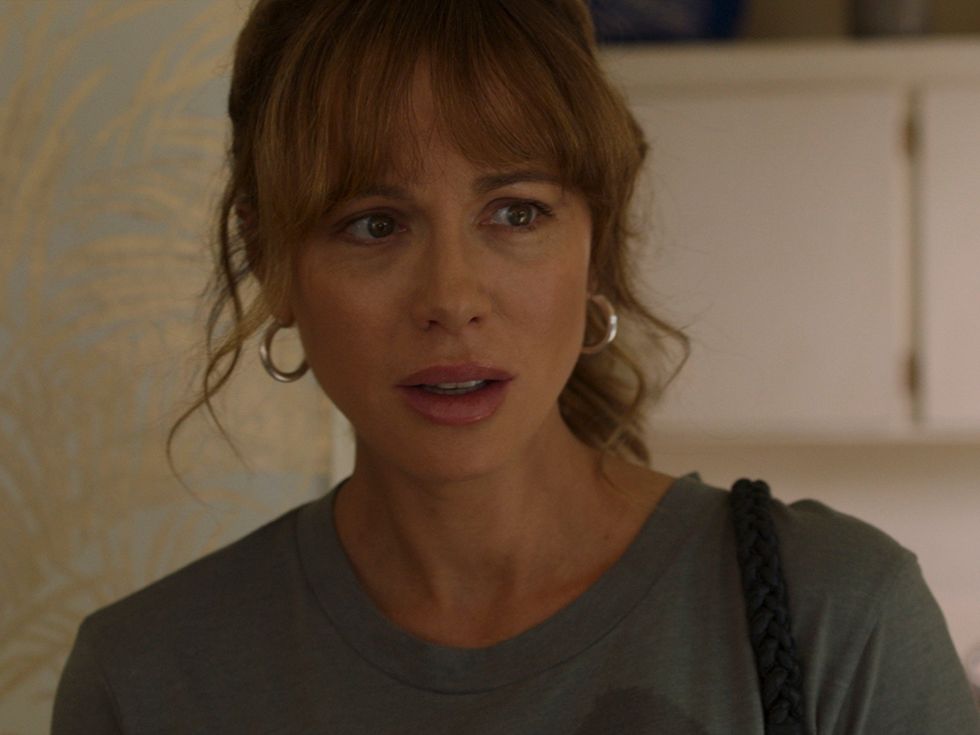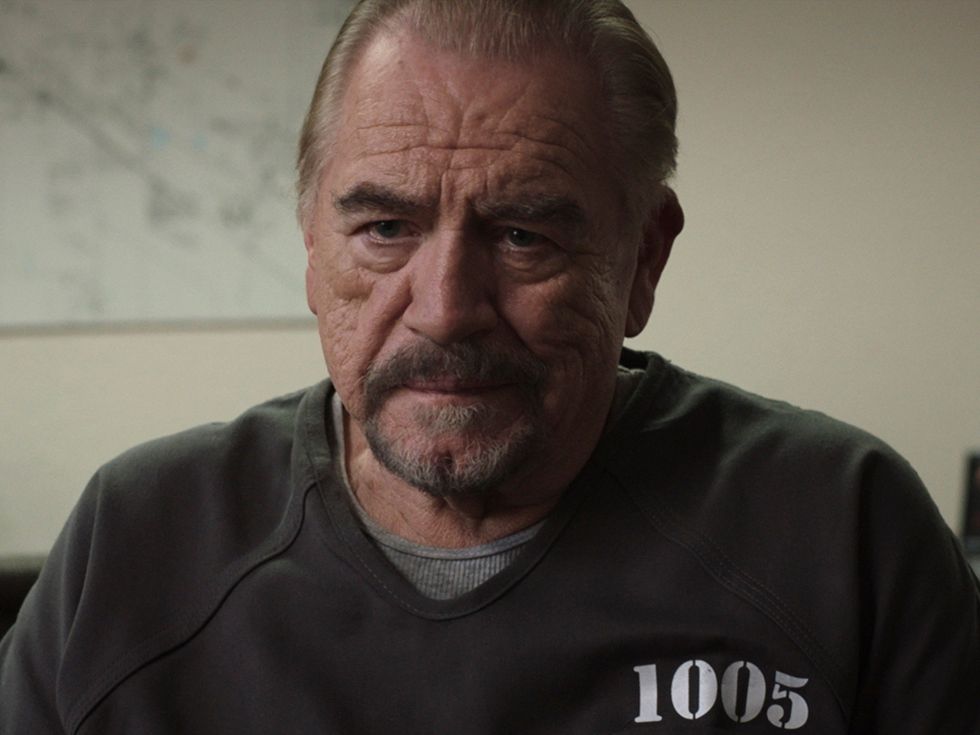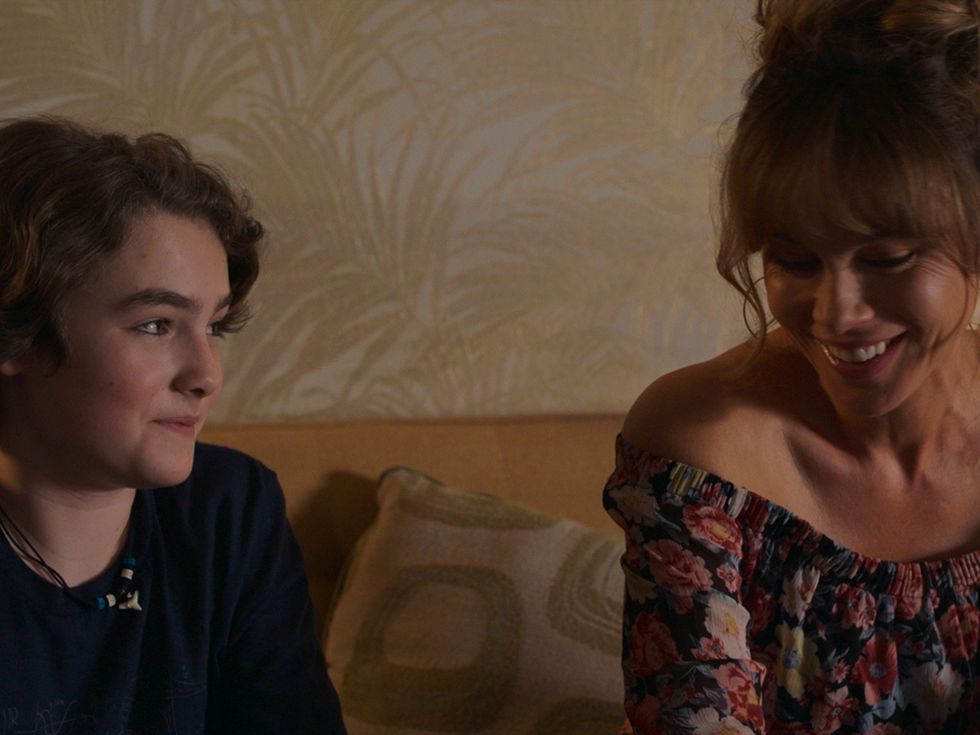Movie Review
Kate Beckinsale and Brian Cox fail to make a family connection in Prisoner's Daughter
Telling stories about people with bad parents has a long history in movies and other art forms. Hell, it could be argued that having a miserable childhood is responsible for half the people (or more) deciding to go into show business in the first place, and putting that on screen is a version of therapy for them.
A bad dad who may or may not deserve redemption is at the center of Prisoner’s Daughter. Max (Brian Cox), in prison for an unspecified crime, is told he will be allowed a compassionate release after his diagnosis with terminal cancer. Trouble is, he is required to live with his daughter, Maxine (Kate Beckinsale), who has never forgiven him for the hell he put her and her now-deceased mother through while she was growing up.
Max coming to live with her is just one of a host of issues for Maxine, who’s a single mom to an epileptic son, Ezra (Christopher Convery), works two jobs to try to make ends meet, and has a deadbeat addict ex-husband. She clearly has multiple reasons to be angry at the world, but the return of Max brings unexpected changes to her and Ezra’s lives, making it difficult to hate Max just out of habit.
Directed by Catherine Hardwicke and written by Mark Bacci, the film is heavy with talented people but light on compelling storytelling. There is zero doubt where the film is headed in the end, so its success is dependent on how the journey is depicted. Unfortunately, nothing that is put on screen is original or interesting, with the filmmakers seemingly content to just check off boxes as they go.
A big part of the problem is the narrative shortcuts the film takes. On multiple occasions, the filmmakers choose to tell and not show why a certain character is the way they are, leaving the audience with almost no way to connect to their story. The inclusion of a side character, Hank (Ernie Hudson), an old friend of Max’s who runs a boxing gym, seems promising, but also doesn’t deliver when it needs to.
Overall, though, the film just never makes you care about its central characters. Call it chemistry, call it what you will, but none of the main three ever establish anything close to the strong feelings they’re supposed to have for each other, leaving their stories without any heft behind them. To pull off an arc of redemption, there needs to be a whole lot more attention to detail than is shown in this movie.
Beckinsale, whose biggest recent role was in the terrible Fool’s Paradise, gives a one-note performance for much of the film, turning a character for whom the audience should have tremendous sympathy into someone you don’t care about at all. Cox is fine if unremarkable as Max, nowhere close to the nuanced role he inhabited in HBO’s Succession. Convery does well as the third lead, but is let down by the lack of connection with any of the other characters.
Prisoner’s Daughter tells a similar story that has been told many times before, but the filmmakers can never find a way to make it rise above that familiarity. People leading difficult lives can be captivating to watch, but only if the people involved figure out a way to make those characters convincing and relatable.
---
Prisoner's Daughter opens in theaters on June 30.



